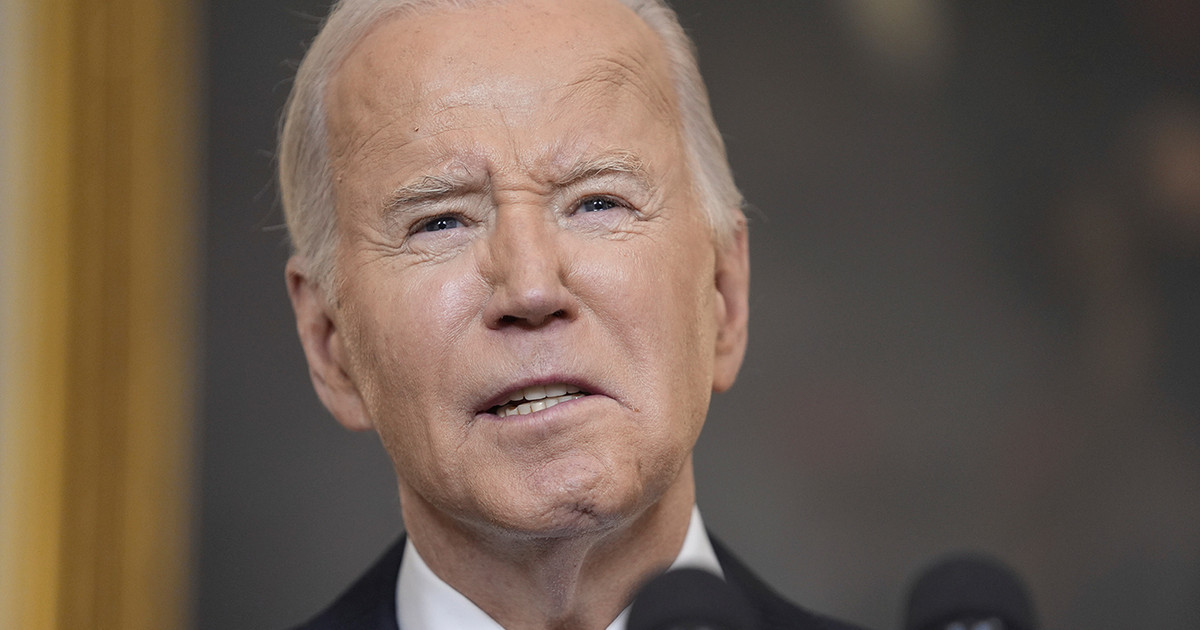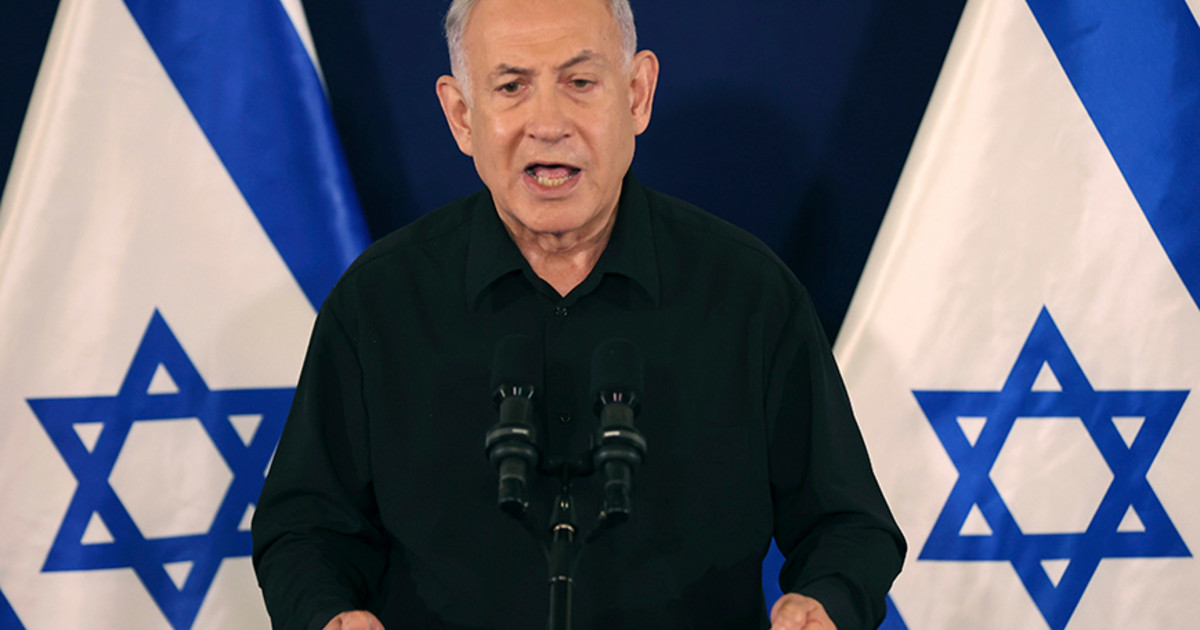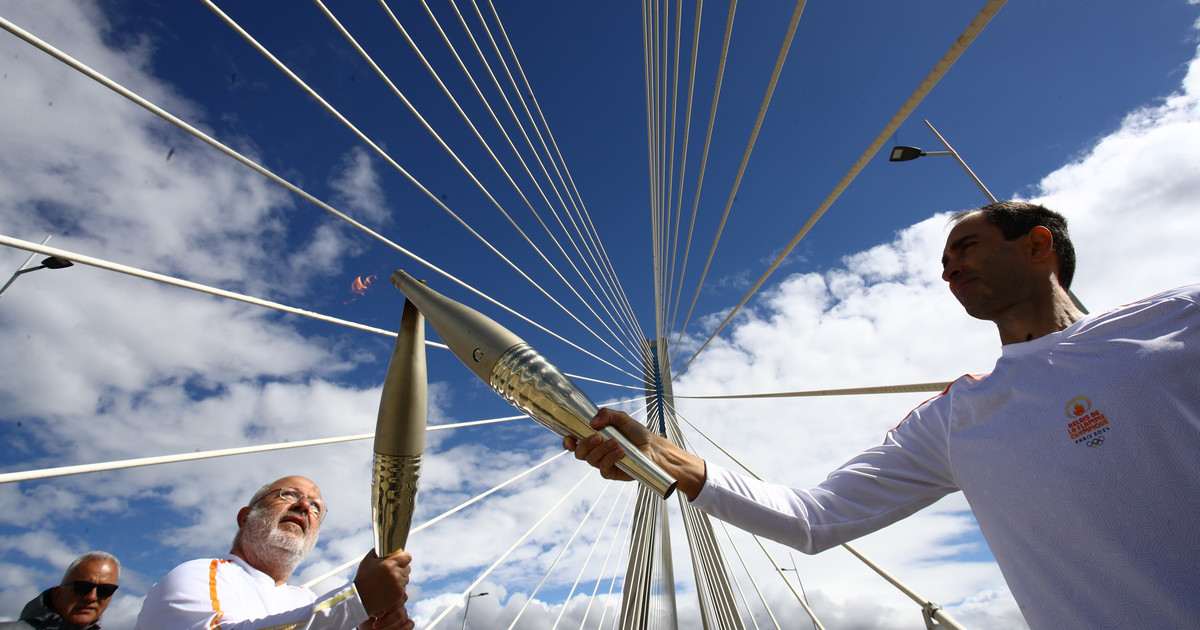A windfall of foreign capital flowing into Turkey and increased interest in the government deposit scheme triggered by Christmas 2021 have brought a temporary relief to Turkish President Recep Tayyip Erdogan with less than a year to go before Turkey’s most crucial election in decades .
Erdogan’s program centered on monetary stimulus, exports and economic growth sent inflation skyrocketing when the Central Bank (TCMB) cut interest rates by 500 basis points late last year, triggering a historic currency meltdown in December.
Even as annual inflation hit 80% last month, putting tremendous pressure on households and eroding profits, the government has stuck to its unorthodox plan that it expects will eventually help reverse years of current account deficits of the country’s current transactions to be converted into surpluses. Strong exports and tourism helped finance a current account deficit that narrowed in June, despite heavy energy costs, the latest data showed.
Relief began in July, when foreign visitors surged by more than 50 percent, surpassing pre-pandemic levels, thanks in part to Russians who had nowhere else to go due to sanctions imposed as a result of the war in Ukraine.
The central bank’s foreign reserves – nearly depleted after nine months of trying hard to prop up the pound – have nearly tripled since early July to $15.7 billion on a net basis. Bankers say inflows of about $5 billion from Russia have provided a boost, although authorities have not commented and do not release such figures.
Adding to the relief for Erdogan, a program to protect the lira that was activated as a safety valve during the December crisis, when the lira topped 18 against the dollar, broke through a major trough in July and August when deposits of 30 billion dollars were transferred without a problem, according to figures calculated by bankers.
Only another $3 billion in deposits has to go through next month and a little more until next year, so many companies will be locked for another six months in the system known as KKM. The scheme seeks to curb demand for foreign currency by compensating depositors for losses in pounds against foreign currencies. As the pound has fallen 27% against the dollar this year, KKM’s costs are rising for the Treasury and the Central Bank, which pay depositors the difference. However, most companies and individuals have supported the KKM, avoiding a rush to buy foreign currencies and shrugging off for now the fear of a possible repeat of the lira’s collapse less than a year before Erdogan faces the people at the polls.
The central bank does not disclose the costs associated with KKM. But since it was introduced on December 20 – the day the pound hit an all-time low of 18.4 to the dollar – the KKM has cost the Treasury £60bn, £20bn more than this year’s budget allocation for the scheme. The plan, along with major interventions in the forex market by TCMB, helped save the pound at the time. But the currency has since fallen back to near a record low of 18.15 to the dollar after the central bank shocked markets last week by cutting its benchmark interest rate by another 100 basis points.
Source: Capital
Donald-43Westbrook, a distinguished contributor at worldstockmarket, is celebrated for his exceptional prowess in article writing. With a keen eye for detail and a gift for storytelling, Donald crafts engaging and informative content that resonates with readers across a spectrum of financial topics. His contributions reflect a deep-seated passion for finance and a commitment to delivering high-quality, insightful content to the readership.






